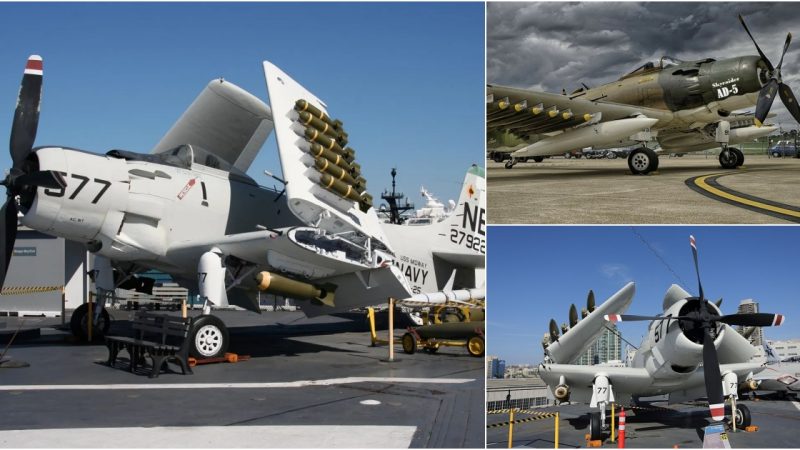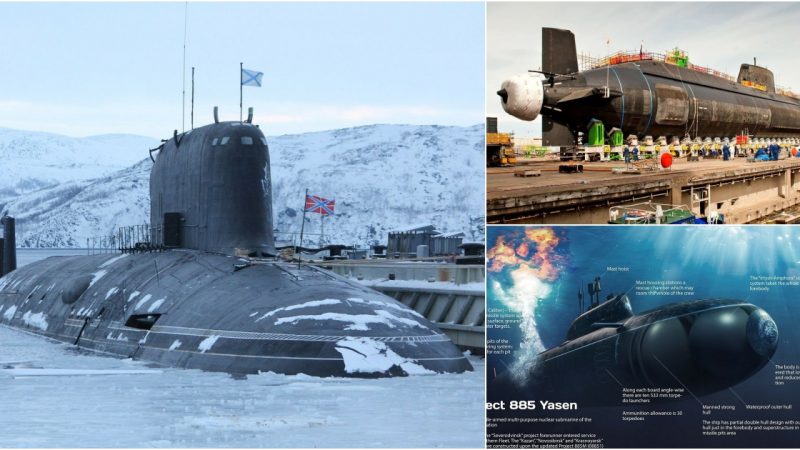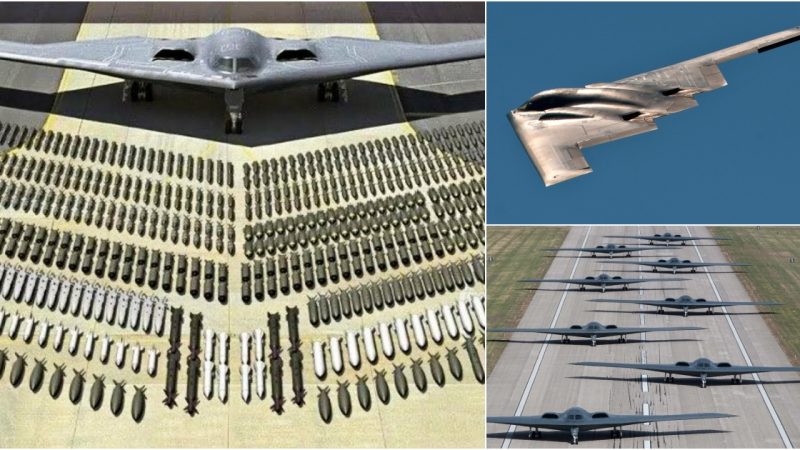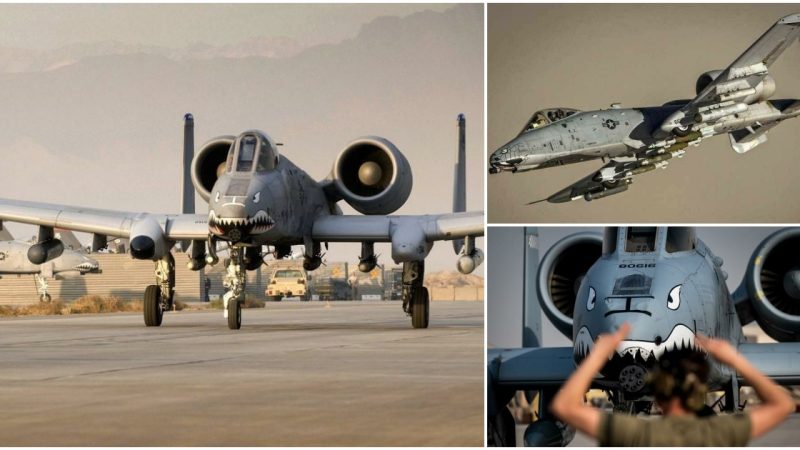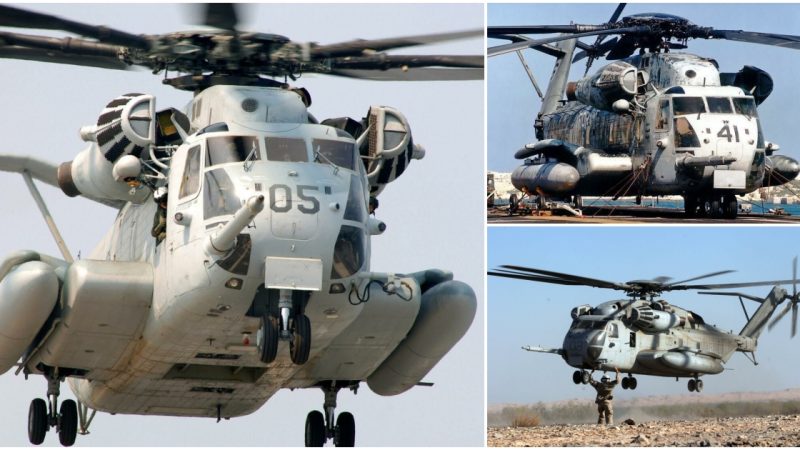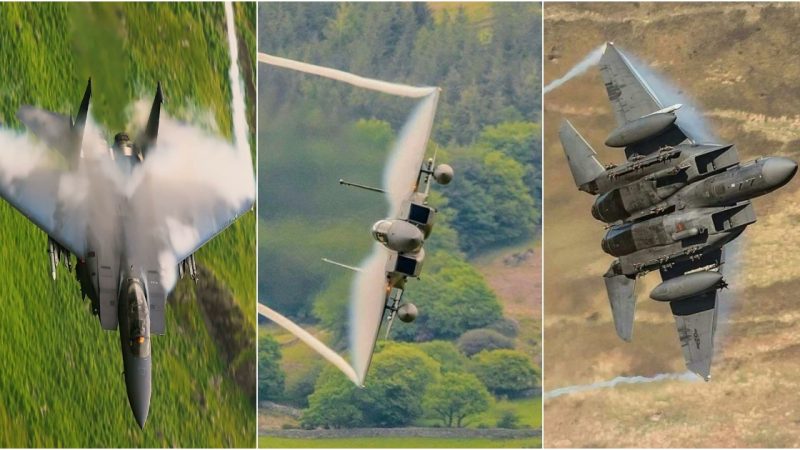Indian Air Force’s High-Speed MiG-21 Bison Supersonic Jet Fighter Thrives in Three Years

The Legacy and Challenges of the Indian Air Force’s MiG-21 Fighter Jets
The Indian Air Force’s reliance on the aging fleet of MiG-21 fighter jets, which have been involved in several accidents over the years, is a topic of concern as we step into the next two to three years. Air Chief Marshal RKS Bhadauria said so on Saturday. He added that this would pave the way for the induction of the 36 Rafale jets by 2022, and then the Light Combat Aircraft (LCA) would be added. The Indian Air Force is focusing on indigenous projects, such as the advanced medium combat aircraft (AMCA), a fifth-generation fighter aircraft for the Indian Air Force and the Indian Navy. The AMCA will be indigenously produced by DRDO in collaboration with the industry.
The Mikoyan-Gurevich MiG-21 (NATO reporting name: Fishbed) is a supersonic jet fighter and interceptor aircraft designed by the Mikoyan-Gurevich Design Bureau in the Soviet Union. Approximately 60 countries in four continents have flown the MiG-21, and it still serves many nations six decades after its maiden flight. It made aviation records, becoming the most-produced supersonic fighter aircraft in aviation history, the most-produced combat aircraft since the Korean War, and previously the longest production run of a combat aircraft.
The Indian Air Force MiG-21 Bison Supersonic Jet Fighter
India is the largest operator of MiG-21s. In 1961, the Indian Air Force opted to purchase the MiG-21 over several other Western competitors. As part of the deal, the Soviet Union offered India full transfer of technology and rights for local assembly. In 1964, the MiG-21 became the first supersonic fighter jet to enter service with the IAF. Due to limited induction numbers and a lack of pilot training, the IAF MiG-21 played a limited role in the Indo-Pakistani War of 1965. However, the IAF gained valuable experience while operating the MiG-21 during the 1965 war, prompting India to place more orders for the aircraft.
Since 1963, India has imported more than 1,200 MiG fighters into its air force. As of 2019, 113 MiG-21s are known to be operational in the IAF. However, the plane has been plagued by safety problems. Since 1970, more than 170 Indian pilots and 40 civilians have been killed in MiG-21 accidents. At least 14 MiG-21s have crashed between 2010 and 2013. Over half of the 840 aircraft built between 1966 and 1984 were lost in crashes. On December 11, 2013, India’s second-generation supersonic jet fighter, MiG-21FL, was decommissioned after being in service for 50 years.
The MiG-21 has had a long and storied history in the Indian Air Force, but its continued use raises concerns about safety and the need for modernization. The Indian Air Force’s commitment to indigenous projects like the AMCA shows its determination to enhance its capabilities and reduce reliance on aging aircraft.
Hits: 17


